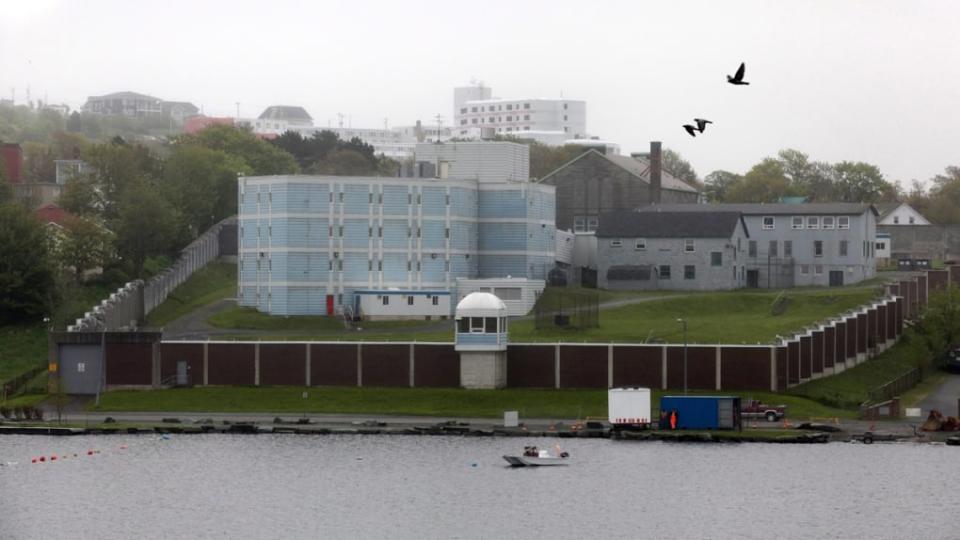Immigration detention a non-issue in N.L., says justice minister


Justice Minister John Hogan says his department will continue to monitor any issues with possible immigration detention in Newfoundland and Labrador. (Mark Quinn/CBC)
Immigration detention is a non-issue in Newfoundland and Labrador, Justice Minister John Hogan said in response to a Radio-Canada report that said the province is the only holdout for ending the controversial practice of incarcerating migrants in its provincial jails.
"Immigration detention is not a common practice in Newfoundland and Labrador. So when a story says we allow it, it doesn't really happen," Hogan told Radio-Canada in an interview this week.
"I think there was six cases in the last few years — five dating back a few years ago and one dating back a couple of years ago."
Since the province doesn't share a border with the United States, said Hogan, immigration detention isn't really a problem.
He said Newfoundland and Labrador doesn't have a formal agreement with the Canada Border Services Agency (CBSA).
"When you're saying we're 'allowing it' it's not like we have an agreement that says we need to take immigrant detainees and put them in our prisons here in the province," he said.
"That system doesn't exist, that contract doesn't exist, that agreement doesn't exist with CBSA, so there's no unilateral placement of any detainees into provincial correctional facilities here."

Hogan says not all detained immigrants end up at Her Majesty's Penitentiary and are handled on a case-by-case basis. (Paul Daly/The Canadian Press)
All other provinces have indicated to the CBSA they will no longer put people in prison who were detained under the Immigration and Refugee Protection Act.
Hogan said previous detentions happen on a case-by-case basis, where an individual was deemed a risk to public safety.
"But just because you're an immigrant and maybe a potential detainee somewhere else, doesn't necessarily mean you're going to end up in a correctional facility here in Newfoundland and Labrador," he said.
"Detention is always a measure of last resort in the criminal justice system, everybody knows that, but the goal is to maintain public safety when it's needed."
Hogan said CBSA won't build a detention facility in Newfoundland and Labrador because of the low prevalence of cases.
He said the issue will remain on the radar of his department but short of building a facility to house a small number of people over the last few years, he believes Newfoundland and Labrador is handling the situation well right now.
He said if immigrant detention "became an issue" there are things his department can look into like bail supervision and electronic monitoring.
"We don't want to put anyone in prison who doesn't belong in prison. Everybody has rights," he said.
"As I said, it's a last resort in the event that public safety is at risk."
Download our free CBC News app to sign up for push alerts for CBC Newfoundland and Labrador. Click here to visit our landing page.


